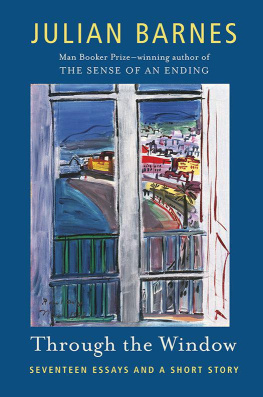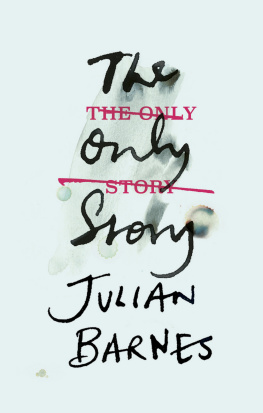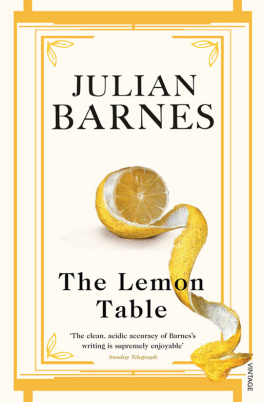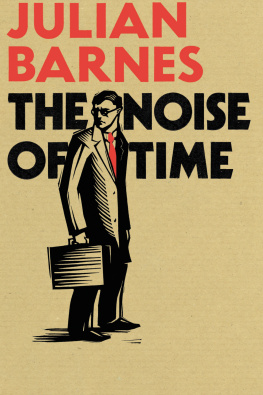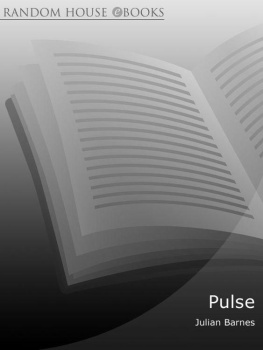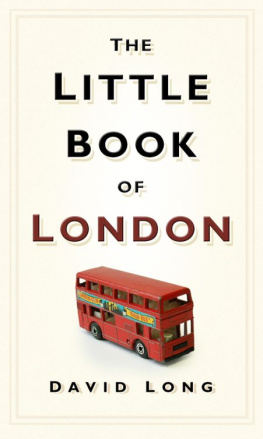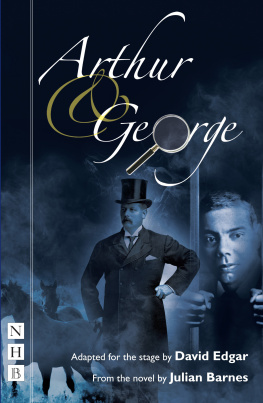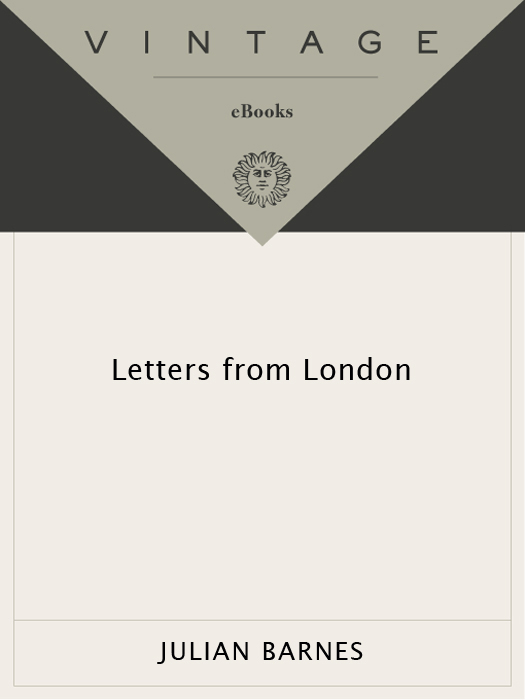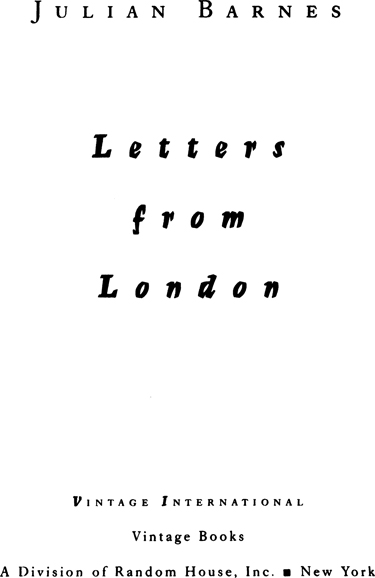Julian Barnes was born in Leicester, England, in 1946, was educated at Oxford University, and now lives in London. He is the author of seven novelsMetroland, Before She Met Me, Flauberts Parrot, Staring at the Sun, A History of the World in 10 Chapters, Talking It Over, and The Porcupine.
Preface: On Author
A s a child, I was a brief devotee of I-Spy books, those spotters guides for the short-trousered. Each covered a single subjectbutterflies, London statues, wheeled transportand you were encouraged with a reward system: ten points for a red admiral, thirty for a rare Edward VIII pillar-box, and so on. You then filled in the precise location of each spotted item (not that anyone would have thought of cheating) and sent the completed book up to Big Chief I-Spy at the Wigwam, News Chronicle, Bouverie Street. This improbable fellowwho was, I trust, a deep suburbanite-posted you back a scouts feather as proof of your ocular zealotry.
I never gained a feather: either I failed to track down enough items or some detail of club membership prevented me from making a start on my headdress. But I remember a couple of chaperoned trips from Acton W.3. into the center of London during which, sharpened pencil aloft, I tried to bulk out my meager logging of such things as horse-drawn provisions vans or commissionaires epaulets. This sort of enforced looking is, I realize, comparatively rare in our lives: on the whole, we seek out the things we are already interested in. Our habits of inspection and our view of the world are reconfirmed each time we concentrate our vision or avert our eye.
So when Bob Gottlieb, editor of The New Yorker, invited me late in 1989 to be the magazines London correspondent, I had various predictable if contradictory reactions. This could be a very nice job; this could be a life sentence; this could be well paid; this could be the novelists classic trap. However, beyond these pleadings, I heard the most persuasive argument of all for taking the job: this will make you look. I-Spy London, here we come, I thought; I-Spy England.
I was, in effect, to be a foreign correspondent in my own country. This brought with it a technical challenge Id not encountered before in journalism. My readership would be sophisticated and would understand every single word I used, but the situations and events I was describing might seem as culturally strange to them as those of ancient Rome. Of course, there are many Anglophile Americans: those are the ones we in Britain tend to meet. But non-Americans should never forget that every country in the world is more interested in America than America is in it: this is the normal loading of the international equation of power and money. As a visitor to the States you can work a very inexpensive piece of magic: buy a newspaper and see your own country disappear. Ten years ago I found myself in Fort Worth watching the opening ceremony of the Los Angeles Olympics on television. During the march-past of contestants the ABC subtitles explained the location of each country and its size in domestic terms: thus Bhutan was in Central Asia and was approx. Indiana. However, it was not just Bhutan. Someone judged that the American viewer also needed enlightening about Belgium (in NW Europe), Bangladesh (approx. Wisconsin), and, saddeningly, about Britain. I was advised to rethink my own country as size of Oregon.
So it was a useful discipline not to take even the most obvious sentence for granted. The next general election, which will take place in either May or October Hang on, an American heckler in my skull would go, how come you dont know? Oh, you mean elections arent held regularly? And the government chooses the election date itself? Youre kidding. Who ever thought that was a good idea? And so on. This sense of forcedly reexamining the supposedly familiar was at its strongest when I was working on Lloyds of London, one of those typically British institutions which you half-assume you understand simply because you are British and live in Britain (size of Oregon). I dont think my eggshell preconceptions withstood the slightest tap of evidence. And if I, as a dispassionate outsider, was surprised by what appeared to be the case, imagine the surprise of a blithely ignorant Lloyds Name suddenly bankrupted several times over, let alone the further and extreme surprise of an American investor. No wonder many American Names are currently refusing to pay their bills.
My predecessor as London correspondent, the novelist Mollie Panter-Downes, began filing in 1939 and held the job for nearly half a century. Brendan Gill wrote that, during the war, To us and our readers, she was as much the embodiment of the gallant English spirit as Churchill himself. My own first (and last) five years were less world-historic than hers, but they had their instructive moments, some dramatic (like the fall of Mrs. Thatcher), some farcical (like the nonfall of Norman Lamont). I didnt, of course, set myself up as the embodiment of anything, let alone as a parallel spirit to either of the Prime Ministers I wrote under, and I doubt American readers viewed me as such. Im also wary of Zeitgeist journalism and decade summarizing. Was there, in the first half of the nineties, a tiredness and repetition to public life, a sense of things unraveling? It seemed to be the case. And if so, there are pleasures as well as despondencies to be had: Flaubert said that his favorite historical periods were those which were ending, because this meant that something new was being born. Unless most observers are mistakenthat journalistic formulation which tends to mean I thinkthe current fourth term of Conservative rule will be the last for a while. The final piece in this collection looks at the something new which might ensue
W RITING FOR The New Yorker means, famously, being edited by The New Yorker: an immensely civilized, attentive, and beneficial process which tends to drive you crazy. It begins with the department known, not always affectionately, as the style police. These are the stern puritans who look at one of your sentences and instead of seeing, as you do, a joyful fusion of truth, beauty, rhythm, and wit, discover only a doltish wreckage of capsized grammar. Silently, they do their best to protect you from yourself You emit muted gargles of protest and attempt to restore your original text. A new set of proofs arrives, and occasionally you will have been graciously permitted a single laxity; but if so, you will also find that a further grammatical delinquency has been corrected. The fact that you never get to talk to the style police, while they retain the power of intervention in your text at any time, makes them seem the more menacing. I used to imagine them sitting in their office with nightsticks and manacles dangling from the walls, swapping satirical and unforgiving opinions of


